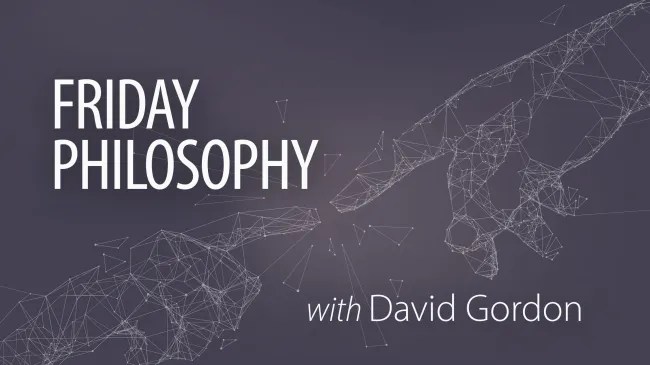Rothbard on Liberty and Free Will
Modern egalitarians play down the idea of free will, claiming that free will is relevant only if individuals have no interference with their choices. Murray Rothbard, on the other hand, recognized that self-ownership and one's ability to engage in reason is enough to recognize free will.






